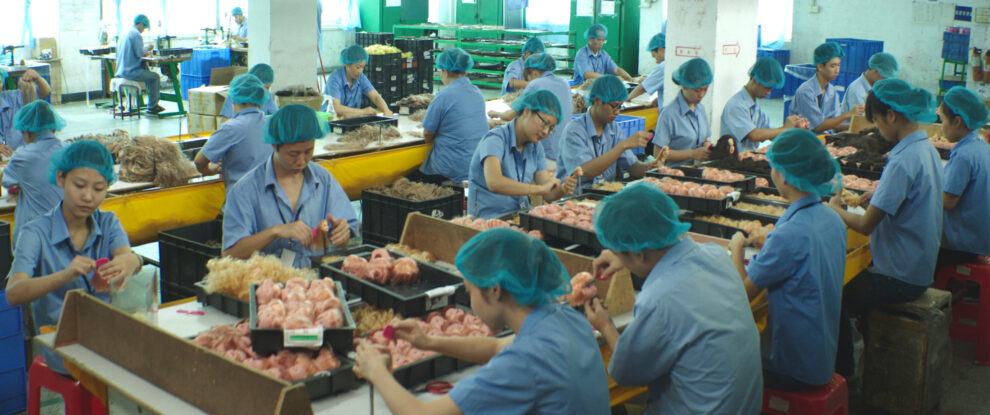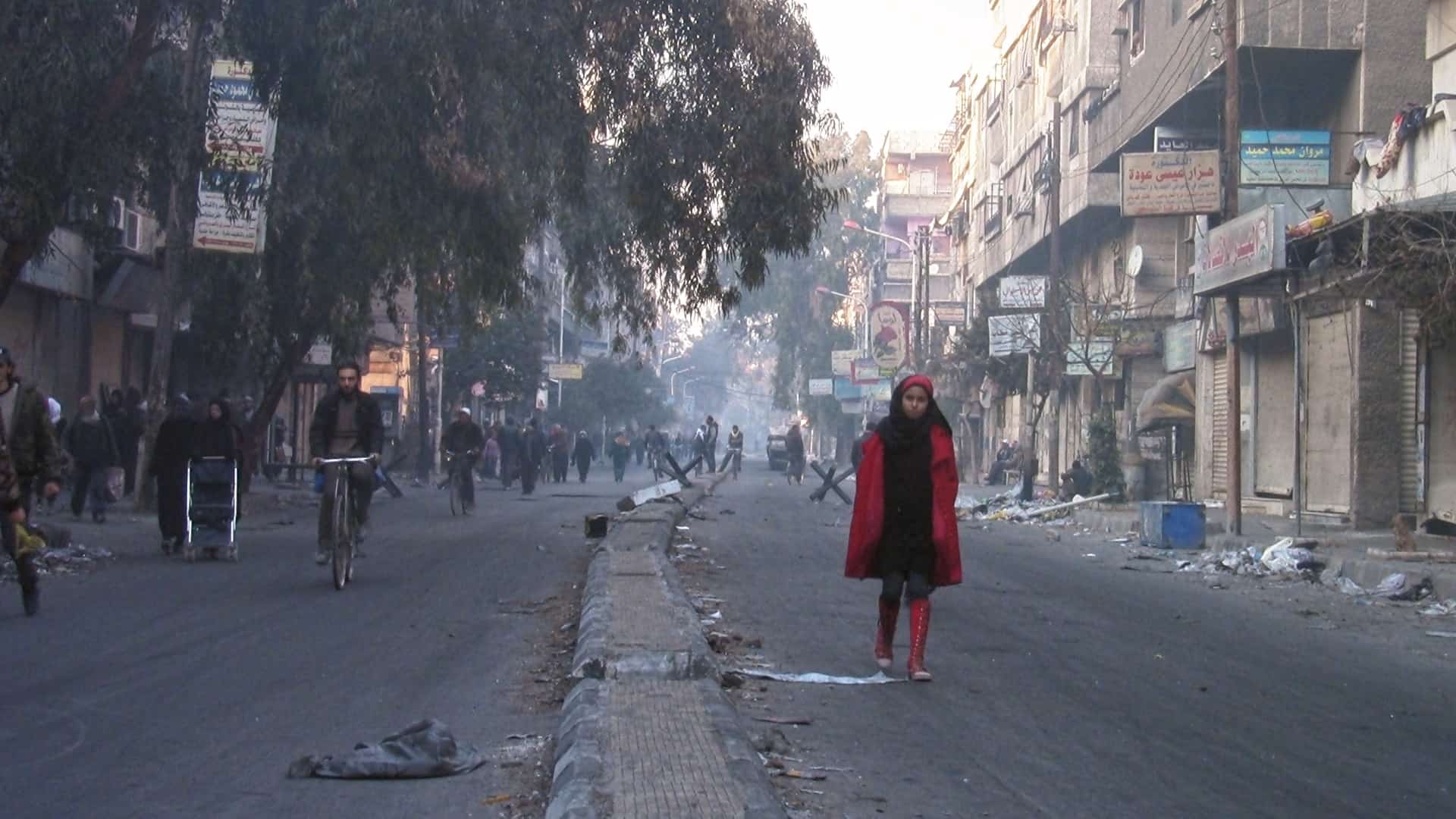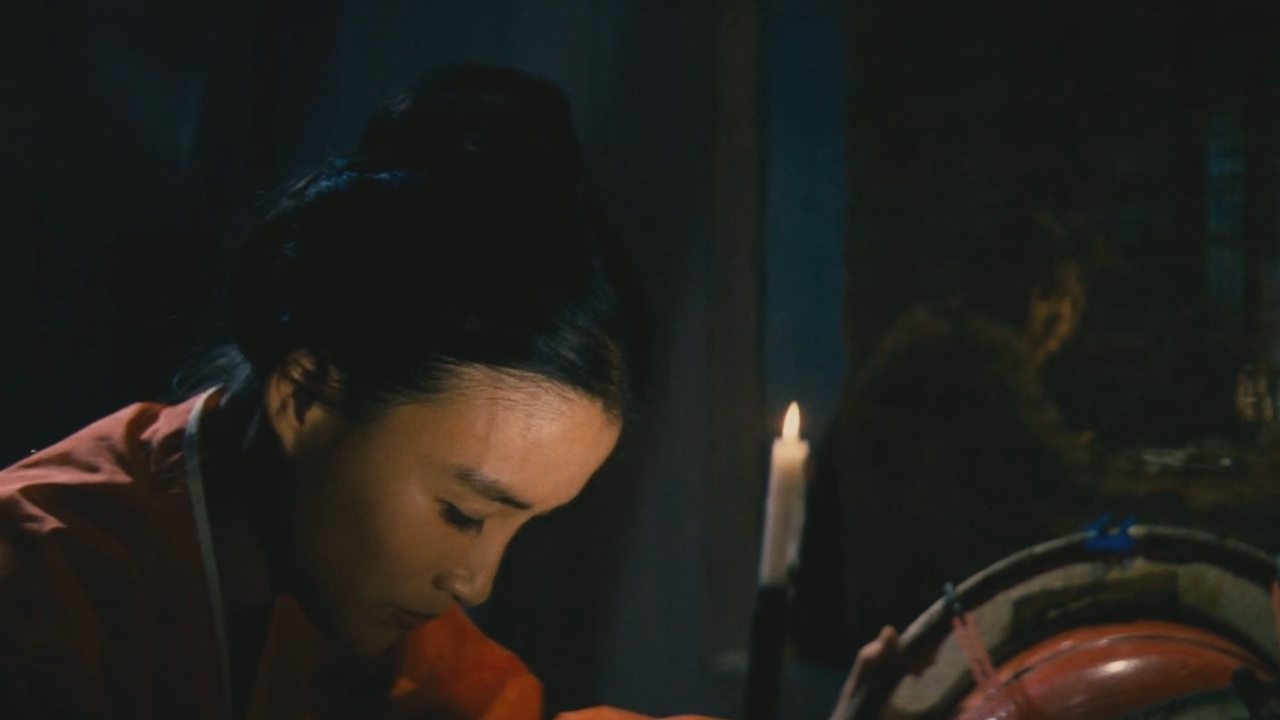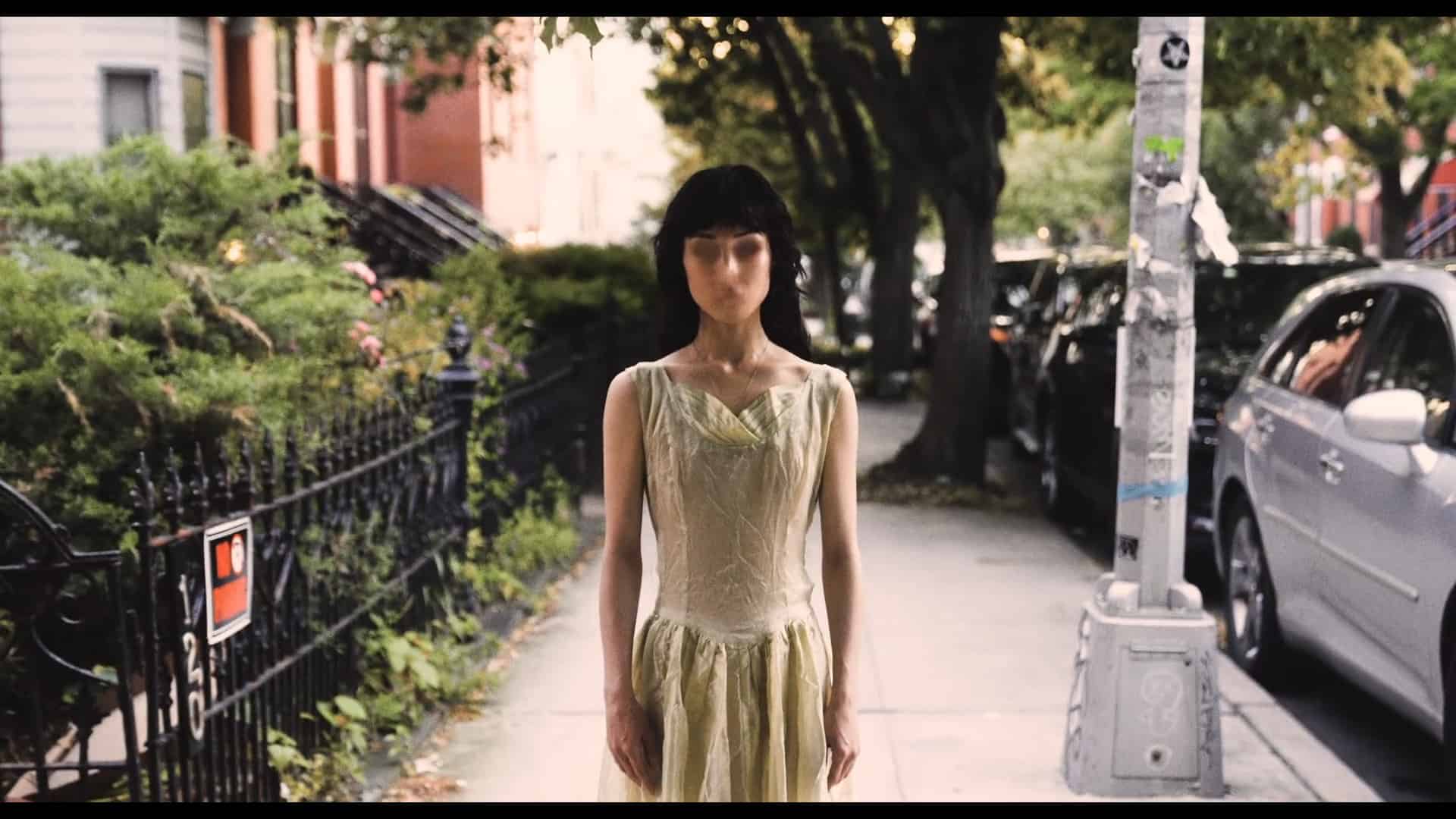It's ironic that the most iconic social realist films: “Children of Heaven”, “Umberto D.” and “Factory Boss”, often contend with the most impossible situations. In Zhang Wei's near decade-old treatise on China's manufacturing boom, toy manufacturer Lin Dalin (Yao Anlian) fights tooth and nail to complete a final order that might save his factory from financial collapse. In the week that follows, long drawn repercussions of unethical labor, workplace abuse and exploitative business deals mount on him. Bearing a core goal to humanize, “Factory Boss” portrays a flawed system through the very people within it, who must play their part in order to survive.
Factory Boss is screening at New York Asian Film Festival
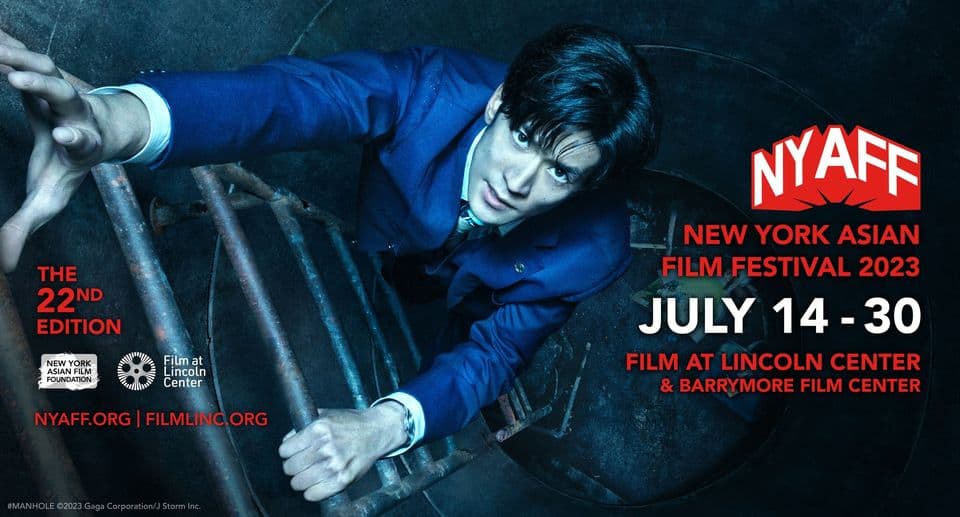
With the urgency of a thriller, we open to a burning truck. A warning sign from factory workers to our protagonist, Dalin, that he had better pay up months of overdue wages. Traversing from luxury office to downbeat factory, we learn that Dalin Toys is at its wit's end. The factory's clients are dwindling, and employees are fed up with the long, torturous hours. As prices soar with inflation, Dalin is offered an urgent, below-market deal from large multinational company, Veale. The profit, though mere peanuts, might be just enough. He dives headfirst, cutting break times and corners, stretching his workers towards their final limit. Making matters worse, journalist Aijin (Tiffany Tang) gets on his ase, infiltrating the factory as an office clerk to expose his practices.
“Factory Boss” spells a bitter irony on the tip of its characters' tongues: the economy runs, business lands, people get paid – but at what cost? If the system works, then why are we always struggling? And can we, as consumers, turn a blind eye, in return for a cheap product? A brilliantly researched glimpse into China's tumultuous manufacturing industry, director Zhang deftly breaks down its economics through character scenes. Shot in wide scope, without glamor or embellishments, Lutz Reitemeier's compositions look head-on at a sweatshop's unflinching rawness. Rough textures of grinding metal, sweat and rust are constant sights. Handheld shots are never spared, with the frame destabilizing further as Dalin's situation sinks further into calamity. Moments of dialogue, a glance or a remark, reminding us that lofty concepts of ‘cash flows' and ‘supply chains' are not just numbers and graphs. The consequences are real, and dire for the people involved.
Check also this interview
In the same vein, the greatest stand of “Factory Boss” is that no one, yet everyone, seems to be at fault. Tiffany Tang's role as the opposition comes with relieving nuance. A purveyor of justice who discovers her crusade against toxic workplaces cannot be as black and white as she might like. Yao Anlian's portraying of Dalin takes in further complexities with his position as the titular factory boss. He is at once a leader, or almost father to his countless employees, yet also a strategist against them, wanting as much out of them as possible to attain his goal. On another side, brief exchanges with his daughter reveal the ambition, playfulness and daring that he dreams of passing down. Most tragically, we see his naivete and idealism brimming across the narrative; Dalin dreams of starting his own line of products. To create something that is not just “made in”, but “innovated from China”.
First released in 2014, Zhang Wei's third feature came a year before China's major prerogative, ‘Made in China 2025' – a transitional aim to independent supply lines for high-tech products, instead of remaining forever the ‘world's factory'. Though centered mostly on the ground, the screenplay, written by Chen Yang, Li Dan, Wang Bing, Luo Siwei, Sun Haifan, Li Songzhang and Zhang Peng makes quips at foreign megacorporations that are hard to ignore. Dalin, while in command nearly everywhere else, finds his fate at the hands of Veale's approval. On the production line, exhausted and soiled hands mold, shape and smoothen hundreds of plastic, fair-skinned dolls, soon to be shipped to America. While realistic in its depicted adversities, Zhang Wei's directorial hand carries a romantic idealism. A man's final stand, and the dreams of a collective people.
Herein lies, again, a strange contradiction at the heart of “Factory Boss”' social realism. Across 100 minutes, we are reminded time and again that this churning world is impossible. The workers will suffer immensely for a meager income, or they will earn nothing at all. Dalin will take unrealistic business deals one after another, because that is all the foreign market will offer. But this very world seems laden with an undying idealism, a core of growing emotion that blooms fully at the climax of the film. Perhaps it is this dichotomous heart, believing on one hand that cinema must touch the ground of harsh reality, yet still believe in its redemption, that births the social realist genre.
In the wake of recent backlash against fast fashion and minimum wage abuse, “Factory Boss” finds itself being screened once again this year at the New York Asian Film Festival (NYAFF). Nine years on, unethical labor practices continue to haunt nearly every manufacturing industry, and probably will for many years more. While calling for its change, “Factory Boss”, like the best of social realist films, proves that the blemishes in our world cannot be blamed upon a single cog in the system.


